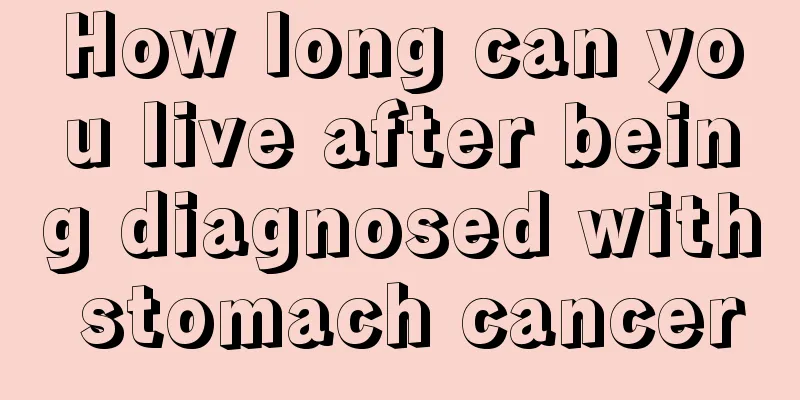What to do with small cell lung cancer

|
In recent years, with the increasingly serious environmental pollution and the increasing haze, diseases such as small cell lung cancer often occur around us. For this reason, we should know more about such diseases and know how to prevent them in daily life. What should we do if we have small cell lung cancer? Let's learn about it together. Small cell lung cancer accounts for 15% to 20% of all lung cancers, and its proportion in lung cancer is gradually decreasing. Small cell lung cancer is very sensitive to initial chemotherapy and radiotherapy, but often relapses quickly. Staging: Small cell lung cancer is divided into limited stage and extensive stage. Limited stage means that the tumor is located in one side of the chest cavity and can be safely radiotherapy in one radiation field. Extensive stage small cell lung cancer is beyond the above range, including malignant pleural effusion, malignant pericardial effusion, superior vena cava compression syndrome and extrathoracic spread. The consensus on the treatment of limited-stage small cell lung cancer is that the combination of systemic chemotherapy and chest radiotherapy can prolong the patient's survival; early radiotherapy is better than late radiotherapy. The recommended chemotherapy regimen combined with radiotherapy is etoposide combined with cisplatin. Patients who achieve complete remission after treatment are recommended to receive preventive brain radiotherapy. The treatment of extensive-stage small cell lung cancer is mainly systemic chemotherapy. The recommended chemotherapy regimen is etoposide combined with cisplatin or etoposide combined with carboplatin. Continuous chemotherapy for more than 6 cycles is of no benefit to patients. Other options include CAV regimen, Capetor combined with cisplatin regimen, and Mexin combined with cisplatin regimen. For the second-line treatment of small cell lung cancer, small cell lung cancer that recurs within 3 months after treatment can use the non-small cell lung cancer regimen. Those who relapse between 3 to 6 months can choose the Hemeixin regimen, Capeto regimen, and CAV regimen. Those who relapse more than 6 months can receive the original treatment regimen. The key points for the successful treatment of small cell lung cancer include clear pathological diagnosis, accurate staging, and early participation in radiotherapy for limited-stage small cell lung cancer. In addition, eating more foods with anti-tumor effects in daily life, such as citrus, hawthorn, kelp, seaweed, sardines, celery, shepherd's purse, kohlrabi, etc., can also play a role in preventing the onset of small cell lung cancer. Maintaining a reasonable eating habit, doing more physical exercise and enhancing immunity in daily life can also help prevent small cell lung cancer. |
<<: How to cure small cell lung cancer
>>: What are the causes of small cell lung cancer
Recommend
What foods can osteosarcoma patients eat
If you suffer from osteosarcoma, you must pay att...
Gastric cancer usually causes pain in two places
Gastric cancer generally causes pain in two place...
What are the main means of preventing cervical cancer?
It is reported that sunlight has a strong influen...
Smelly teeth? So this is the reason
Some people in life have smelly teeth, but they d...
8 detoxification exercises with amazing effects
Toxins accumulate in our bodies. The increasingly...
Can patients with fibroids exercise?
Whether fibroma patients can exercise has always ...
Precautions after esophageal cancer surgery
Now with the development of economy, the improvem...
The difference between crabapple and hawthorn
Crabapple is a fruit similar to apple. In Hebei P...
Top 5 Chinese patent medicines commonly used in the treatment of pancreatic cancer
Pancreatic cancer is a highly malignant type of t...
Mid-stage symptoms of bladder cancer
Hematuria: Hematuria is the most common symptom o...
Tricuspid regurgitation bradycardia
In daily life, arrhythmia is a relatively common ...
How to treat lumbar muscle strain with minimally invasive surgery
In today's social life, with the busy work, i...
What diseases can be detected by saliva examination
Today's medicine is very advanced, and many m...
Solar plexus
Everyone will get sick to some extent, and when y...
What are the advantages and disadvantages of bacteria
In the environment we live in, bacteria are every...









